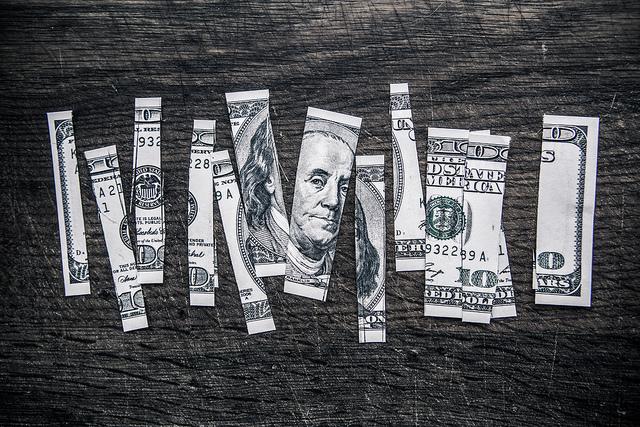Americans working minimum wage are forced into practically impossible budgets.
Minimum wage needs a raise
$5.15. That’s the minimum wage in Georgia, at least for those who aren’t protected under the Federal Fair Labor Standards Act (FLSA). This minimum wage is the lowest in the continental United States of America, tied with Wyoming. Those protected by the FLSA fall under:
- “A covered enterprise is the related activities performed through unified operation or common control by any person or persons for a common business purpose and — whose annual gross volume of sales made or business done is not less than $500,000 (exclusive of excise taxes at the retail level that are separately stated); or
- is engaged in the operation of a hospital, an institution primarily engaged in the care of the sick, the aged, or the mentally ill who reside on the premises; a school for mentally or physically disabled or gifted children; a preschool, an elementary or secondary school, or an institution of higher education (whether operated for profit or not for profit); or
- is an activity of a public agency.
Establishments may also pay their workers $5.15, but employees always have the ability to opt for $7.25. A fair amount of people are stuck with the $5.15 payment. Even so, $7.25 an hour still doesn’t provide enough money to live off of. If someone makes $5.15/hour and works 2087 hours per year (the national average), they will make $10,748.05 before tax, and $10,103.17 after taxes. This is below the poverty threshold. For one adult, the required income to live in Georgia is $22,227- even before taxes. Alternatively, if someone makes $7.25/hour, they will make $15,130.75 before tax and $14,222.90 afterwards. As noted, neither of these amounts are enough to support a single adult. Not surprisingly, the average wage required to live off of in Georgia is $10.65/hour.
Originally, minimum wage was created as a way for citizens to avoid going into poverty; it was the minimum amount that someone could live off of. So, why isn’t this value still existing today? The answer is that it faces strong opposition from Republicans and conservatives, who may say that it will cause inflation, loss of jobs, and that it would harm the middle class. These are all myths.
Firstly, employment rates will have little to no negative changes. In fact, it has actually helped rates in some areas. Throughout 1987 to 2012, a raised minimum wage has decreased unemployment rate in approximately 53% of cases and it remained unchanged in 4%. In the majority of these cases the higher minimum wage was implemented in a time of high unemployment rates. Our unemployment rate is currently 5.0%, which, while not the highest, is still 10.2 million people (data shows approximately 204 million people are of working age, 15-64). The youth (15-24) unemployment rate is 13.4%, meaning that younger people are having a more difficult time finding jobs. Data is inconclusive as to prove whether or not unemployment rates would increase, but it is statistically less likely than a decrease or no change.
Even though the unemployment rate is so low, the poverty rate is a high 14.5%, or 45 million Americans. Their jobs aren’t supplying them enough money to remain above the poverty threshold.
The second most common myth is that it would harm the economy or cause inflation. However, it has been shown that, instead, it can cause a higher demand for goods and services, which betters the economy. Additionally, throughout studies it has been realized that a 10% increase to minimum wage only led to a 0.4% higher cost of items (Lemos, 2004) or 0.7% (French, Aaronson, and MacDonald, 2007).
Additionally, some may say that this will make business owners lose profit. However, I invite those who share this belief to realize that the majority of minimum wage workers work for large corporations, such as Wal-mart and Yum! Corporations, and that the owners of these companies make $19 million and $29.67 million, respectively. I’m sure they have money to spare and still make a profit. There are even those who say that McDonald’s (a common place that comes to mind when one imagines minimum wage) isn’t willing to pay “burger-flippers” more money, but, actually, McDonald’s has already raised employee pay by one dollar and is projecting that its minimum wage will be over $10 by the end of 2016. Eastbrook still makes a large enough profit to remain comfortably upper class. In fact, employers lose less money to employee turnovers, which allows them to make up for the partial loss.
Another phrase often said is that minimum-wage workers are just teenagers who have no need for more money. 88% of workers that would benefit from an increase are over 20 years old. Around 44% of workers have experience in college, graduated college, or are currently in college.
America is prospering economically right now; this would be a perfect time to increase the minimum wage, so why not?
